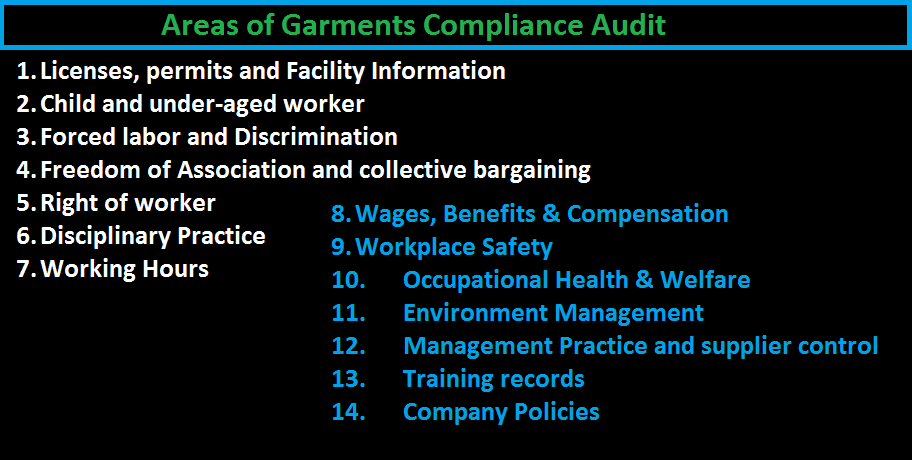Textiles provide a vast array of career options for individuals seeking opportunities in a dynamic and diverse field. From fashion design to sustainable textiles, and from engineering to retail merchandising, there are numerous avenues to explore within the realm of textiles.
This blog aims to delve into some of these exciting career paths, shedding light on the breadth and depth of opportunities available to those with a passion for fabrics, fashion, and innovation. Whether you’re a creative thinker, a problem solver, or a business-minded individual, the world of textiles offers a wealth of possibilities for personal and professional growth.
Here is an exploration of the multifaceted world of careers in textiles.
Fashion Design and Merchandising
Fashion design and merchandising are dynamic fields within textiles, offering opportunities to blend artistic creativity with business acumen. Fashion designers are the creative minds behind clothing and accessory designs, conceptualizing ideas and bringing them to life through sketches and prototypes. They collaborate closely with merchandisers, who analyze market trends and consumer preferences to develop product assortments that resonate with target audiences.
Careers in fashion design and merchandising span a wide range of roles, including trend forecasting, product development, retail buying, and brand management, providing ample room for specialization and growth. Beyond traditional fashion houses, there are also opportunities in sustainable fashion, where professionals focus on environmentally friendly materials, ethical sourcing, and circular design principles. As the fashion industry continues to evolve, professionals in this field play a crucial role in shaping the future of fashion by advocating for more sustainable and inclusive practices.
Nonwoven Textile Manufacturing
Nonwoven textile manufacturing is a rapidly growing sector. This specialized field involves the production of fabrics that are not woven or knitted, but rather created through a variety of bonding techniques. Nonwoven textiles are used in a wide range of applications, including automotive, medical, and geotextiles. As the demand for these versatile materials continues to increase, so does the need for skilled professionals in nonwoven textile manufacturing.
A career in this field offers numerous opportunities for individuals with a background in engineering, chemistry, or textile technology. With advancements in technology and the development of sustainable materials, nonwoven textile manufacturing promises to be a rewarding and promising career choice for those interested in the growing textile industry.
Textile Conservation and Preservation
Textile conservation and preservation involve the care and restoration of historical textiles, artifacts, and artworks, preserving them for future generations. Conservation specialists assess the condition of textiles, identify deterioration factors, and develop conservation plans to prevent further damage and deterioration. They employ a variety of techniques, including cleaning, repair, and stabilization, to ensure the long-term preservation of textiles while respecting their historical and cultural significance.
Careers in textile conservation and preservation require a unique blend of artistic sensitivity, scientific knowledge, and technical skills. Conservation specialists work in museums, archives, and cultural institutions, collaborating with curators, historians, and scientists to preserve and interpret textiles within their historical context. As custodians of our cultural heritage, professionals in this field play a vital role in safeguarding textiles and artifacts for future generations, contributing to our collective understanding of history, art, and culture.
Retail Merchandising and Marketing
Retail merchandising and marketing are essential components of the textile industry, encompassing the planning, promotion, and sale of textile products to consumers. Retail merchandisers analyze market trends, consumer behavior, and sales data to develop product assortments and pricing strategies that drive sales and profitability. They collaborate with designers, buyers, and marketers to create compelling product presentations and marketing campaigns that resonate with target audiences and drive traffic to retail stores or online platforms.
Careers in retail merchandising and marketing offer opportunities to work for fashion retailers, department stores, e-commerce platforms, and textile manufacturers. Professionals in this field may specialize in areas such as visual merchandising, retail analytics, digital marketing, or omnichannel retailing, depending on their interests and skill sets.
Textile Research and Development
Textile research and development (R&D) are critical for driving innovation and advancing the capabilities of textiles in various industries. Researchers and scientists in this field explore new materials, processes, and technologies to improve the performance, durability, and sustainability of textiles. They conduct experiments, analyze data, and collaborate with interdisciplinary teams to develop cutting-edge textiles for applications ranging from medical devices and protective clothing to sports equipment and automotive interiors.
Careers in textile R&D require a strong foundation in science, engineering, or materials science, along with a passion for innovation and problem-solving. Professionals in this field work for textile manufacturers, research institutions, and government agencies, collaborating with academic researchers, industry partners, and regulatory bodies to push the boundaries of textile technology.
With a focus on sustainability and environmental responsibility, textile R&D also encompasses efforts to develop eco-friendly materials, recyclable textiles, and biodegradable fibers that minimize environmental impact while meeting performance requirements.
Conclusion
The textile field is thriving and dynamic. It offers a multitude of career opportunities for individuals with diverse interests and skills. Whether you’re drawn to the creative realm of fashion design, the technical world of textile engineering, or the strategic domain of retail merchandising, there’s a path for you in textiles.
By leveraging your talents and passions, you can embark on a fulfilling career journey in this ever-evolving industry, contributing to innovation, sustainability, and the continued growth of the textile sector. Explore the endless possibilities within textiles and chart a course toward a rewarding and impactful career in this exciting field.


